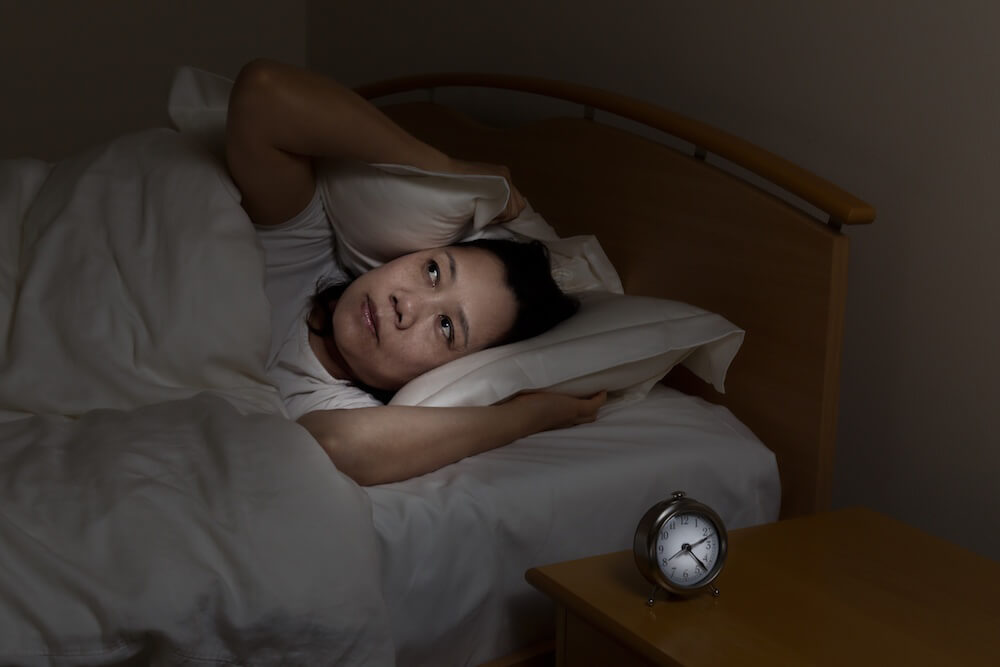
- There are numerous sleeping disorders and other issues that may have an impact on the workplace, leading to lowered productivity and an increased risk to your employees’ health
- Employers should watch for the symptoms and encourage good sleep habits
- There may be various accommodations employers can make to reduce the chance of sleep disorders, but there are times where additional help is needed to resolve issues
The Importance of Sleep for a Healthy Workplace
When your employees aren’t getting enough sleep, productivity suffers and the risk of an accident goes up. In dangerous occupations, such as those where employees are trusted to operate heavy machinery, or in the trucking industry, for instance, the consequences can be costly — and deadly — when an employee makes a mistake stemming from their lack of sleep.
There are measures and accommodations that employers can make to mitigate these accidents, but at times, you may find an employee complaining that they’re suffering from a sleep disorder: and when this happens, what your responsibilities are and what you have a right to expect get murky.
Employers do have options. But first, let’s run through several examples of sleep disorders and sleep-related issues you may find yourself dealing with.
Sleep Apnea
This disorder involves blockage in the upper respiratory system causing a person to partially awaken during sleep. When it happens frequently enough, it becomes incredibly disruptive to a healthy sleeping cycle.
This leaves a person suffering the effects of sleep deprivation even as they think they should be getting sufficient sleep. Treatments are available, such as the CPAP device.
Want to know more about sleep apnea, and how it affects the workplace?
Insomnia
Insomnia involves a lack of sleep due to waking up earlier than intended or waking up during the night without being able to return to sleep — or difficulty getting to sleep in the first place.
This condition can produce a large number of symptoms of sleep deprivation, such as fatigue, daytime sleepiness, increased irritability, and could lead to depression. Causes range from association with a medical problem, stress, to environmental factors — to there being no discernible cause at all.
Narcolepsy
A neurological disorder, narcolepsy involves people falling asleep, seconds to minutes at a time, during the day due to their brain’s inability to control its sleep cycle. Patients will persistently feel sleepy during the day on top of this and may experience various other symptoms from sleep paralysis to hallucinations.
The causes of narcolepsy are unclear and there’s no known cure, but a comprehensive diagnosis typically involves a stay at a sleep clinic. Some of the symptoms can be alleviated with treatment.
What Employers Can Do When Employees Suffer Sleep Disorders
When an employee comes to you complaining of a sleep disorder, you should be able to understand the details and what it means for their relationship with work. Do you feel they’re being upfront with the diagnosis and seeking appropriate treatment? Are they asking for reasonable accommodations, or just too much?
If you’re unsure about an employee’s medical issue, you should know that employers do have access to Independent Medical Examinations (IMEs). These allow you to get independent verification of an employee’s medical issue and the confidence that you’re operating with the maximum amount of information in order to account for the impact the condition may or may not have on the business.
They’re quick, provide clarity, and help promote healthy, safe returns to work. Want to know more? Our Medical Director Dr. Roger Hodkinson is always available for a no-obligation chat at +1 780 433 1191.
If you need some more information on IME’s right away, start here!

